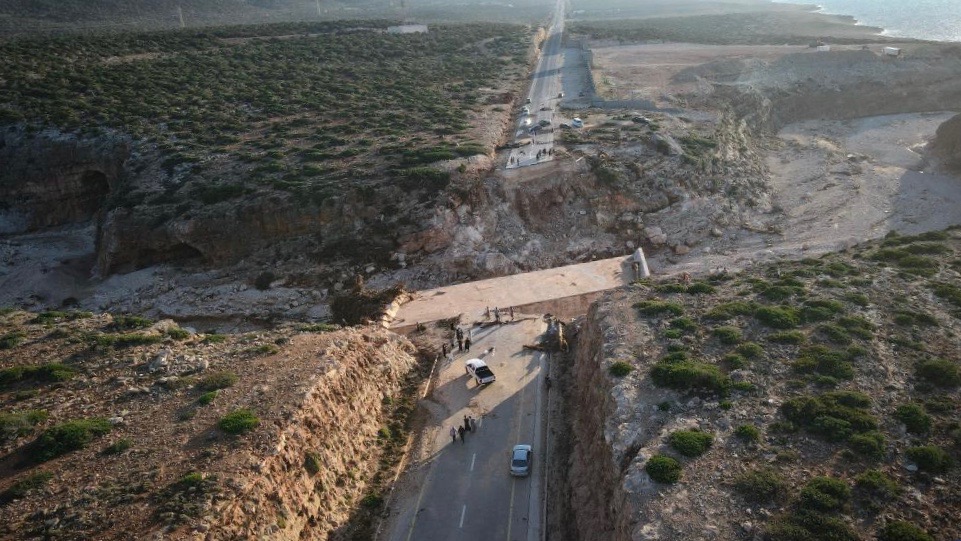The Osama Hammad-led government in Libya has dismissed the Derna Municipal Council and put all its members under investigation following large-scale demonstrations on Monday, September 18. There is widespread public anger against the authorities for failing to effectively tackle last week’s devastating floods which led to widespread death and destruction and left thousands displaced.
People in Derna came out on the streets demanding accountability from the authorities. They gathered around Derna’s al-Sahaba Mosque and shouted slogans against the government, especially targeting the speaker of the Libyan parliament, Aguila Saleh. They demanded unity across Libya and an end to conflict in the country.
Some protesters surrounded the residence of Derna Mayor Abdulmenam al-Ghaithi and set it ablaze.
Last week, heavy rains brought by storm Daniel and the bursting of two dams caused massive floods in eastern Libya. Large areas in the city of Derna were washed away.
While the World Health Organization (WHO) has registered only 3,922 deaths, the Libyan Red Crescent reported that at least 11,300 Libyans are confirmed to be killed and at least 10,000 more are still missing.
According to the International Organization of Migration (IOM), at least 38,600 Libyans have been displaced, over 30,000 in Derna alone. Xinhua reported that almost 40% of the city still does not have electricity and water supply has also been affected.
Libya’s roads and bridges authority claimed on Monday that at least 70% of all infrastructure in areas affected by floods has been destroyed, making relief and rescue work difficult.
Following the NATO-led invasion of Libya, a war ensued which divided the country into different spheres of influence under rival groups. Despite the UN-led peace process since 2019, Libya is still divided between two rival governments—one based in Tripoli led by Abdul Hamied Dbeibah and another under Osama Hammad based in Sirte/Benghazi.
Years of war and lawlessness have paralyzed the administration in Libya and destroyed civilian infrastructure, which led to to the failure of the highly-divided authorities to respond to the early warnings issued in the wake of storm Daniel and to carry out effective relief and rescue operations afterwards.





